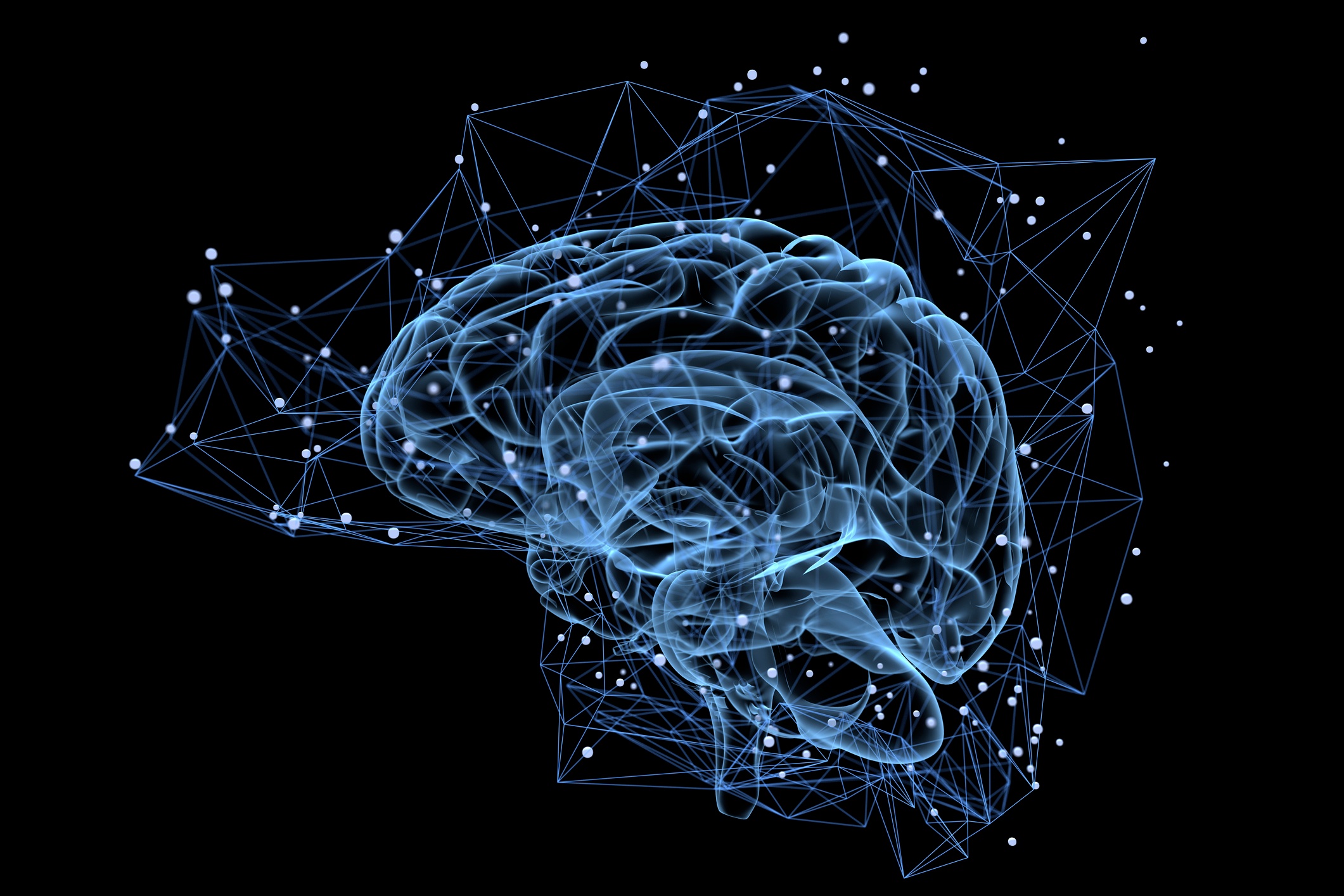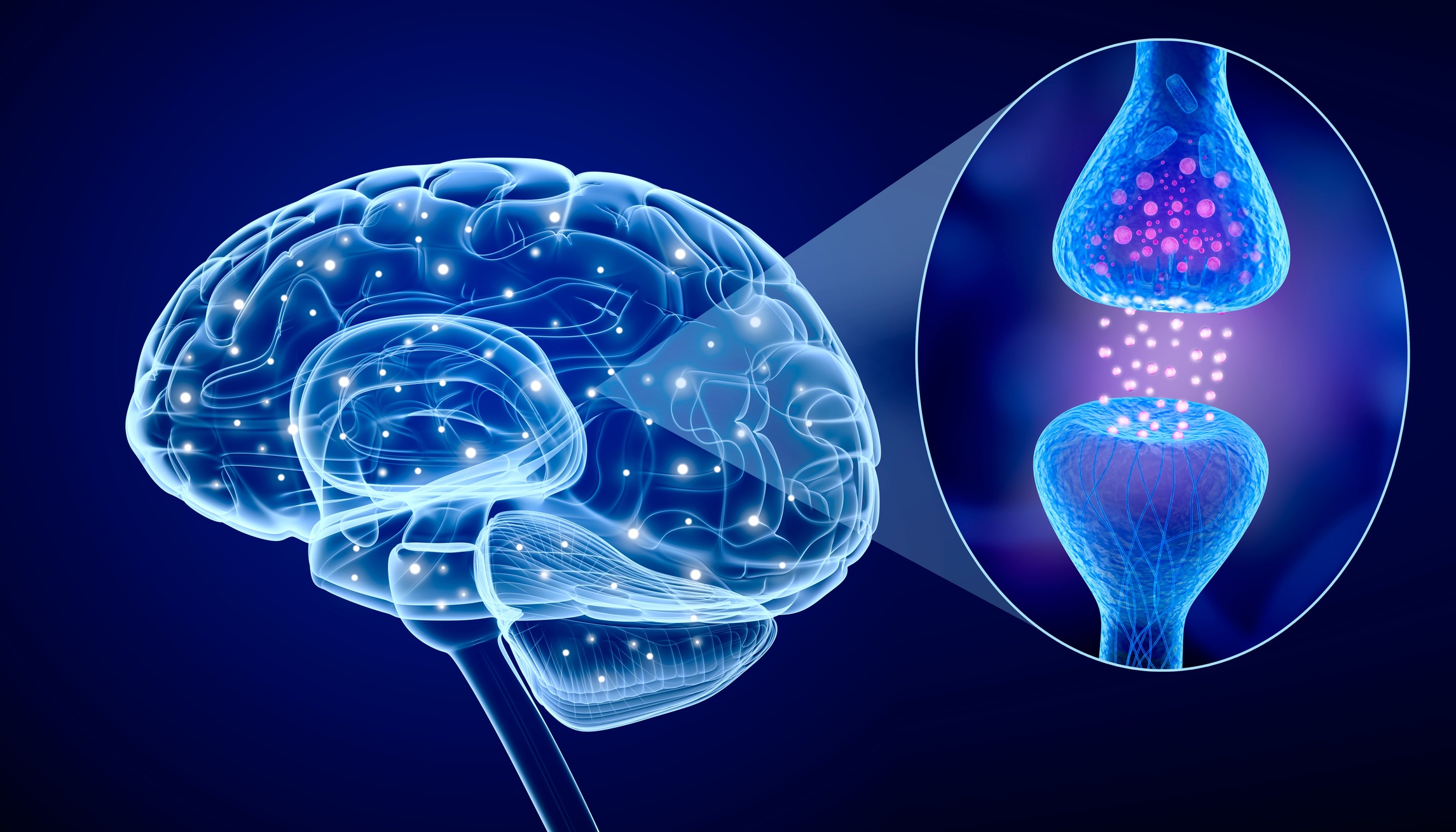Spring is time to take action, change old habits and train your brain for success. It is a cleansing for your brain, using neuroscience and mindfulness to transform your life from the mind first.
So far, we’ve covered how to dream big and start small and how to make a powerful plan. These are the building-blocks for healthy brain changes. Now comes the action piece.

Scientific Research Shows We Can Change
Let’s be honest: discouragement and frustration are common feelings when attempting to change old habits.
Neuroscience can actually give us hope when this hurdle arises. Scientific research has proven that there is a way to overcome entrenched patterns in our thoughts and behavior.
Momentum is the key.
So take your big dreams, your small steps and your powerful plan, and keep moving forward consistently.
Create your own momentum and change your brain and your life.
Every action, however small, sends thousands of impulses through your brain. Every repeated action strengthens the pathway for those impulses. Researchers like renowned Director of the National Institute on Drug Abuse Nora D. Volkow, M.D., who famously discussed neuroscience with the Dalai Lama, explain that “if you don’t use it, you lose it.”
At birth, most people have 2,500 synapses, which is the connection between neurons (see the picture to your left). As a toddler, that number drops to around 1,500. By adulthood, 50 percent of synapses stop working. Unused synapses are pruned and disappear. This means constant practice, momentum, is vital to sustaining a new habit.
Related reading: "Why Is Mindfulness Important? And 3 Simple Practices"
 “It so happens, that nature has made us do things that are important for survival by associating them with pleasurable responses. So food clearly can be very pleasurable. Sex can be very pleasurable,” Volkow says. Your brain remembers in a full-body way, she explains in a National Institute of Health interview, “not just in the way that says, ‘Oh I remember 2 + 2 = 4' but to recreate the sensation, which of course is much more powerful because that modifies your whole motivational inner state.”
“It so happens, that nature has made us do things that are important for survival by associating them with pleasurable responses. So food clearly can be very pleasurable. Sex can be very pleasurable,” Volkow says. Your brain remembers in a full-body way, she explains in a National Institute of Health interview, “not just in the way that says, ‘Oh I remember 2 + 2 = 4' but to recreate the sensation, which of course is much more powerful because that modifies your whole motivational inner state.”
Related reading: "5 Ways Brain Fitness and Behavioral Health Are Optimized by Healthy Habits."
Creating Positive Habits through Micro-Actions
By repeating an action, even a tiny one, and rewarding yourself for it (even an invisible reward, like telling yourself a positive affirmation)—you are training your brain to keep using the synapses for that action. You are building new brain habits and diverting attention from unnecessary ones, essentially renovating your mind. Creating healthy brain habits accelerate the process of transforming your life.
Next Up: The Willpower Affect - how making decisions can make, or break, your success.
For more information about brain health, how to train your brain, and Heartmanity's brain fitness programs, get our blogs right in your in-box!









